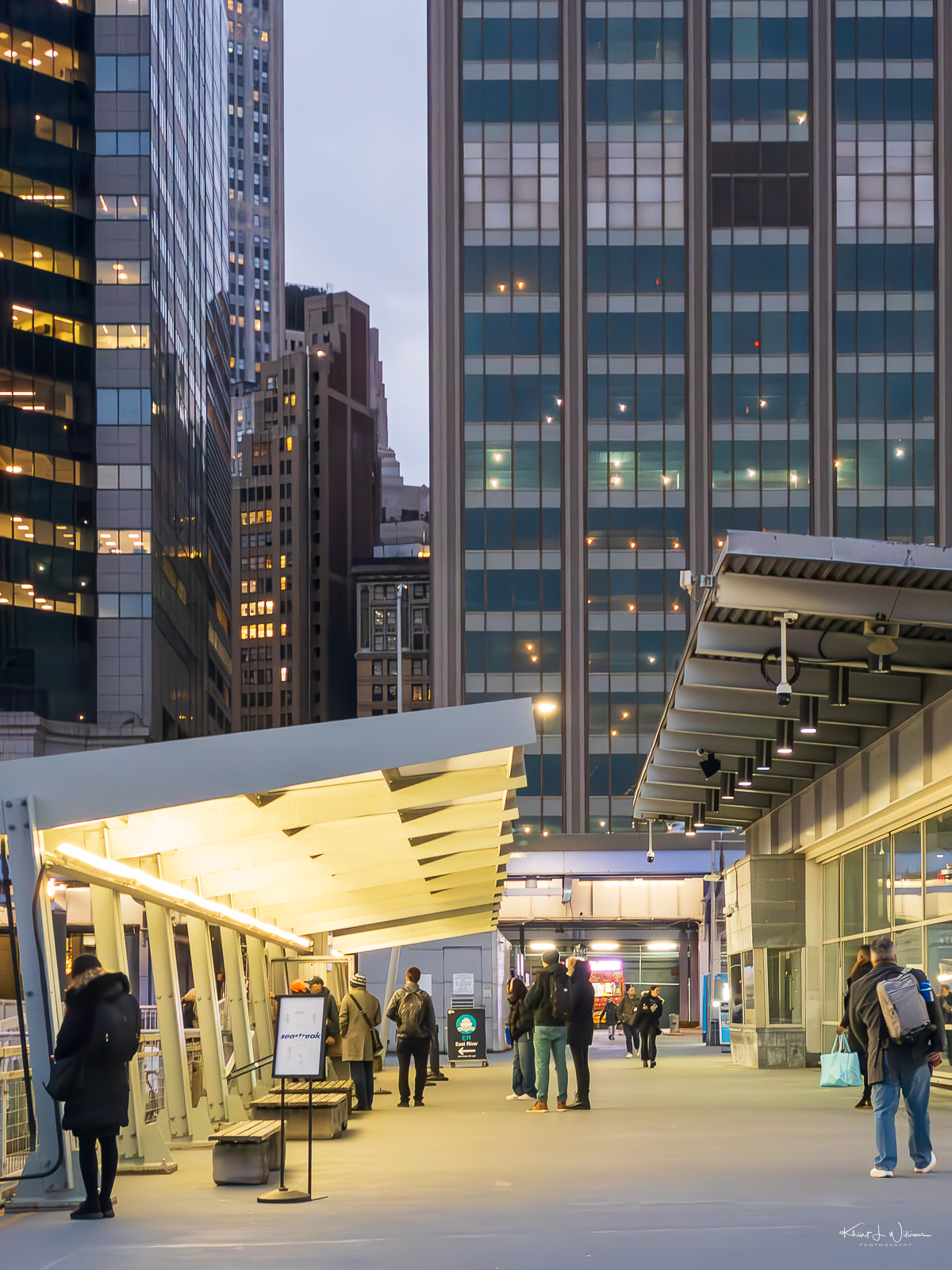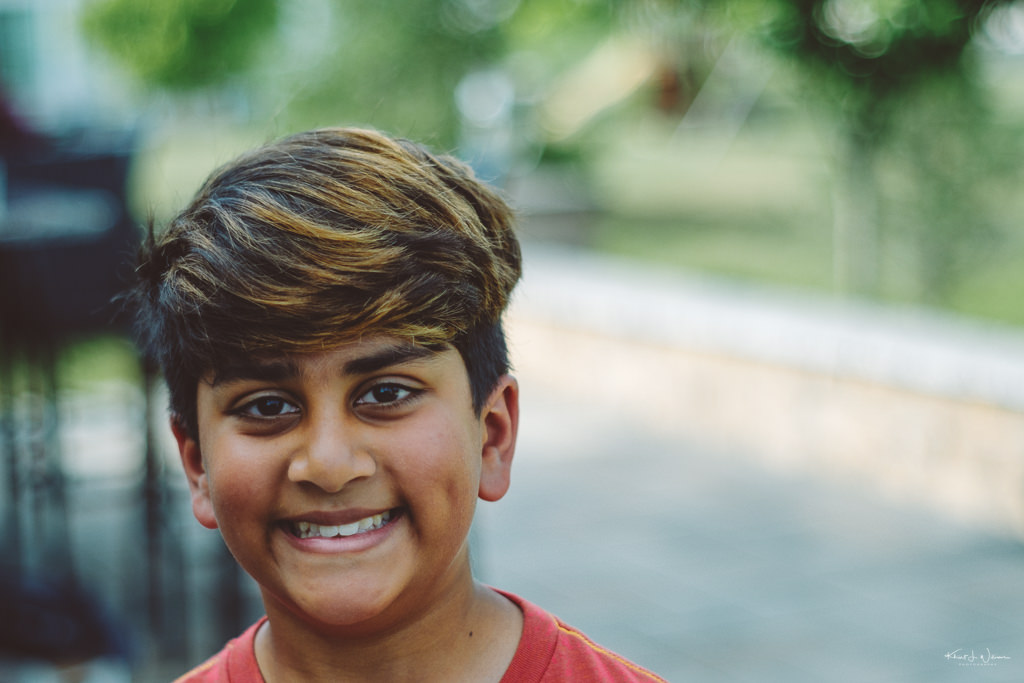Finding suitable employment can be challenging and emotionally taxing.
Finding employment can be a challenging and emotionally taxing journey. During the last several months of my employment search, I have experienced various emotions. I wanted to write a candid description of my mental state while I navigated this process.
Frustration: Initially, I felt frustrated by the job market's competitiveness. Despite my qualifications and experience, landing the right position has proven elusive, leading to moments of exasperation. The career outlook for security analysts is excellent. The Bureau of Labor Statistics (BLS) projects information security analyst jobs to grow 33% from 2020-2030. Demand for skilled cybersecurity professionals far outpaces supply. Has that changed?
We’re in an evolving job market where employers complain that they can’t find the right people to fill their job openings. Their laments are ironic and tone-deaf as their actions of denying feedback alienate, discourage and blow off potentially perfect candidates.
Uncertainty: Job hunting has brought uncertainty about my future career path, financial stability, and direction. Bhavna wants me to stop consulting and find something full-time. But she can’t explain the benefits of working on a W-2 compared to independent consulting. My last employer of record had me on the payroll for a decade before a financial downturn[^1] made me a victim of involuntary collateral attrition in 2013. I was told by a friend who is now an Executive Director at the company that deciding who got to go was a flip of a coin for most managers. By 2010, they had outsourced all IT except information security.
Self-Doubt: I grapple with self-doubt as the search continues. Rejections or lack of responses make me question my skills and worthiness as a candidate. The lack of feedback from recruiters and hiring managers after the interview is maddening.
It wasn’t always like this. In the good old days, providing feedback and constructive criticism to candidates was standard protocol. The hiring manager, human resources professional or recruiter would diplomatically tell the applicants what they did well and the areas they need to improve. These days, it’s rare to get a rejection letter or receive any input and advice from the company as to why I was unceremoniously passed over. All the niceties and politeness are gone. If they want to move forward, the candidate will hear from human resources; otherwise, they get the silent treatment{^3].
Hope: I have specific rate/salary expectations that align with market trends. To avoid lengthy and stressful New Jersey, Philadelphia, and New York metropolitan area commutes that range from one hour to two hours in one direction, I have been focused on finding local hybrid and remote-only roles.
Amidst the challenges, moments of hope emerge when I come across job openings that align with my expertise and interests. I get hopeful when the AI bots that screen the resumes and cover letters let me through. I get hopeful when I get a call from a recruiter or human resources to do a phone screen. I get hopeful when a round (or two, three or four) of interviews are scheduled. I get hopeful during the interview that I’ll be chosen.
Anxiety: The waiting game can provoke anxiety, especially as daily, weekly and monthly expenses exhaust our finances, Waiting for responses after interviews or refreshing my inbox hoping for positive news can be nerve-wracking.
Motivation: I have strong drive and determination, which have served me well in my career and continue to motivate me. I am continuously refining my skills. I have reassessed my skills, interests, and priorities. I have successfully managed large projects and successfully led teams in large corporations. I have highly respected certifications such as Certified Information Systems Security Professional (CISSP), Cloud Certified Security Professional (CSSP), Certified Information Risk and Information Systems Controls (CRISC), and Information Technology Infrastructure Library (ITIL). I am pursuing AWS certification, which may lead to a new direction. Is this not enough? What is?
Resilience: Despite setbacks, I work hard to ensure my resilience shines through. I persist in my job search but with an increasing feeling of powerlessness. I feel like a pawn in someone else's game.
Support: My support system, including friends, family, and professional networks, plays a crucial role. Their encouragement and advice offer some solace during this challenging time.
Reflection: This period of unemployment has allowed for reflection on my career goals and aspirations. I want to work on projects that positively impact the employer and align with my natural talent and what excites me. I want to work remotely at home to avoid the commute stress and the noisy open-plan office environment. I want to be fairly and equitably compensated. I want my opportunities for advancement to be based on my accomplishments rather than on my popularity in leadership.
Optimism: Ultimately, my journey is imbued with some pessimism. I must find a way to be optimistic that the right opportunity will come my way.
I prefer a remote work setup to eliminate time wasted commuting and value a quiet, focused environment. Fair compensation is crucial to me, and I prioritise engaging in meaningful work that contributes positively to society rather than solely benefiting corporate leaders and shareholders. Maybe part of my frustration stems from asking for something that doesn’t exist.
Part of my disillusionment lies in the disappointment with the idea that I am solely responsible for my career. My experience has taught me that it's not just about individual effort and qualifications. The modern job market is a complex ecosystem influenced by economic trends and corporate policies. It's a domain where sometimes uncontrollable external factors, such as market disruption or shifting industry priorities, play as significant a role as one's skills and achievements.
Recognising this has been both a sobering and liberating realisation. It has allowed me to understand (but not yet accept) that while personal accountability is crucial, my career trajectory is shaped by various elements beyond my control. This understanding is helping me maintain perspective, focus on what I can control, and find peace amidst the intrinsic uncertainties of the job search process.







